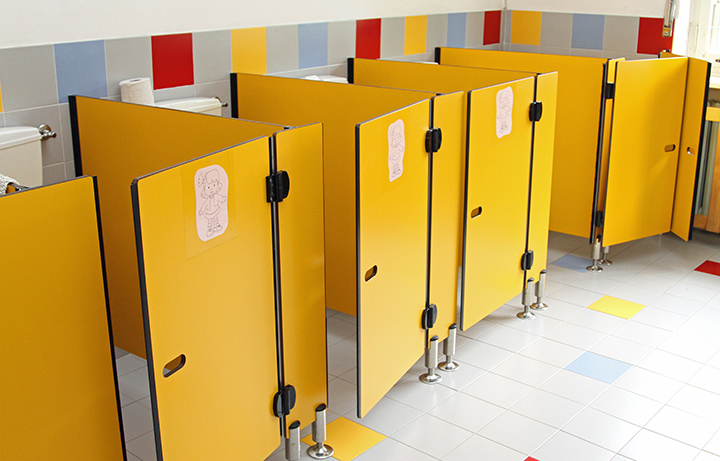A new book highlights the negative effects of social media among students, and its authors point to years of warning signs from Silicon Valley parents who strictly regulate their children’s exposure.
Research from the Institute of Advanced Studies in Culture shows technology use is an issue that concerns all types of parents, though many feel powerless to control it.
Educators Joe Clement and Matt Miles, authors of Screen Schooled: Two Veteran Teachers Expose How Technology Overuse is Making Our Kids Dumber, examine how technology giants like Microsoft’s Bill Gates and Apple’s Steve Jobs addressed screen time with their kids.
From Business Insider:
In 2007, Gates, the former CEO of Microsoft, implemented a cap on screen time when his daughter started developing an unhealthy attachment to a video game. He also didn’t let his kids get cell phones until they turned 14. (Today, the average age for a child getting their first phone is 10.)
Jobs, who was the CEO of Apple until his death in 2012, revealed in a 2011 New York Times interview that he prohibited his kids from using the newly-released iPad. “We limit how much technology our kids use at home,” Jobs told reporter Nick Bilton.
Clement and Miles contend Silicon Valley parents understand the addictive nature of personal devices and social media better than most because they created that world.
“It’s interesting to think that in a modern public school, where kids are being required to use an electronic devise like iPads,” they wrote, “Steve Jobs’s kids would be some of the only kids opted out.”
The desire of some Silicon Valley parents to cut back on technology is also spawning specialty low-tech schools like the Waldorf School, where teachers use chalkboards and students use pencils. At Waldorf, educators focus on character virtues rather than coding skills, Business Insider reports.
But Silicon Valley parents aren’t the only ones who want more control over their children’s time online.
The Institute for Advanced Studies in Culture’s “Culture of American Families” report found “parents believe media technologies’ effects on children are not good—manners, treatment of others, stilted imaginations, relaxed norms, virtual realities—but they are not sure if they can control it.”
“Although parents attempt to find ways to monitor and control these influences, the general feeling is one of defeat. Parents, importantly, seem resigned to these changes and somewhat hopeless in the face of them,” according to the report. “The extensive reach of media technologies limits parental influence, and parents feel their ability to impose limits on media technologies is beyond their reach.”
Silicon Valley parents obviously refuse to admit defeat and take actions to impose control over their children’s education and development.
EducationNext and Getting Smart offer other perspectives for parents to consider how they handle their child’s device use at school and at home.





